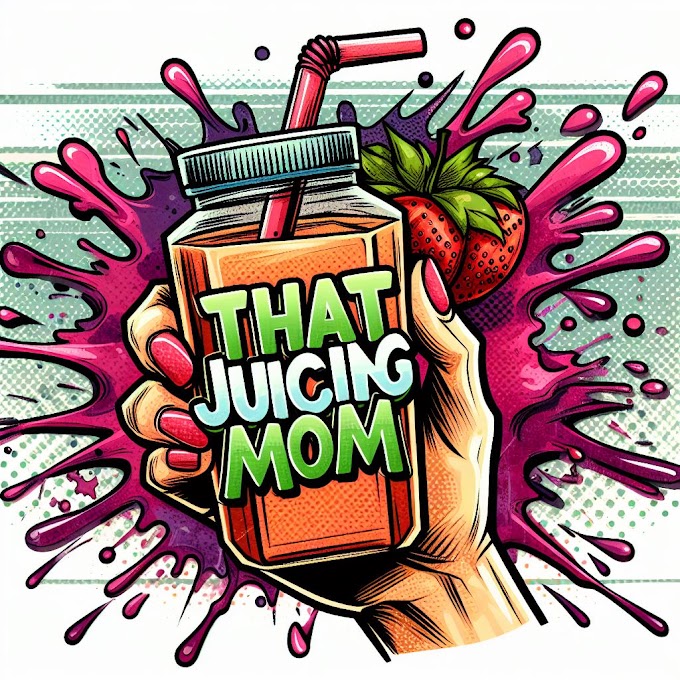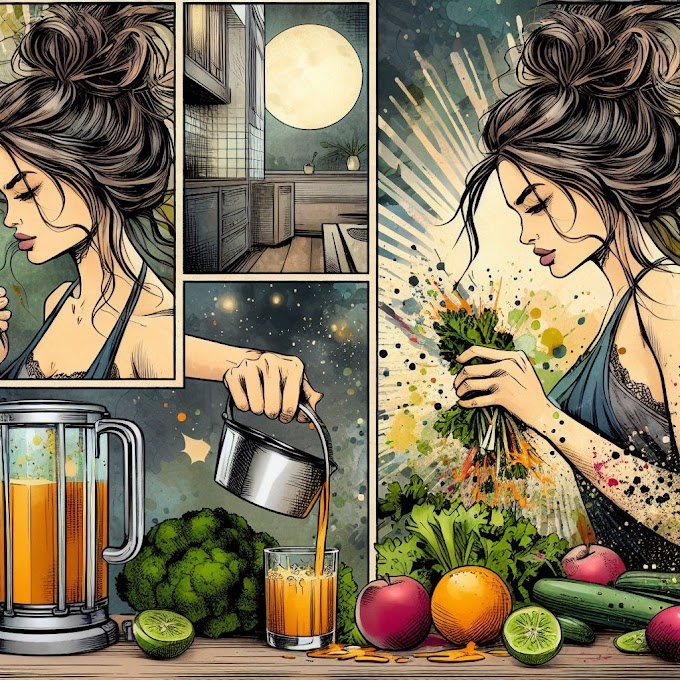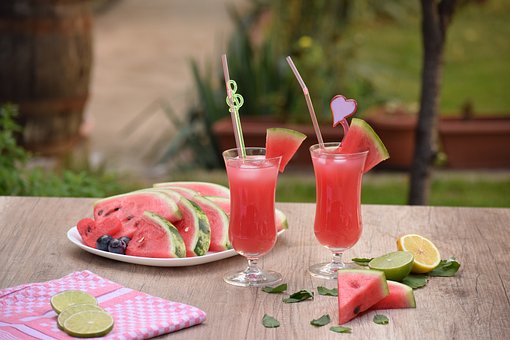Nectar of Time: Unraveling the Shelf Life of Juice

Juice, often hailed as a refreshing elixir, can undergo changes over time, but can juice expire? In this exploration of the lifespan of this liquid delight, we'll delve into the factors that influence the expiration of juice, how to identify signs of spoilage, and strategies to ensure your juice stays fresh for as long as possible.
Can Juice Expire?
Understanding Juice Expiration
Yes, juice can expire, and its shelf life is influenced by various factors, including the type of juice, processing methods, and storage conditions.
Factors Influencing Juice Expiration
1. Type of Juice: Different juices have varying levels of acidity and sugar content, affecting their susceptibility to spoilage. Citrus juices, for example, are more acidic and may have a shorter shelf life.
2. Processing Methods: Freshly squeezed or cold-pressed juices may have a shorter shelf life compared to pasteurized or commercially processed juices, which are often heat-treated to extend freshness.
3. Storage Conditions: Exposure to light, heat, and air can accelerate the deterioration of juice. Proper refrigeration and sealing play crucial roles in preserving the quality of your liquid treasure.
Identifying Signs of Spoiled Juice
1. Odor: Spoiled juice may emit an off-putting odor, indicating fermentation or the presence of harmful microorganisms.
2. Color Changes: Changes in color, such as browning or cloudiness, may signify deterioration or the onset of spoilage.
3. Off Taste: If your juice develops an unpleasant taste or becomes sour, it's a clear indicator that its quality has degraded.
Maximizing the Shelf Life of Juice
1. Refrigeration: Always refrigerate your juice promptly after opening or purchasing. Cold temperatures slow down the growth of bacteria and help maintain freshness.
2. Sealed Containers: Use airtight containers to prevent exposure to air and contaminants, preserving the integrity of your juice.
3. Check Expiry Dates: If purchasing commercially packaged juice, check the expiration date and consume it before the indicated time for optimal quality.
Understanding Date Labels on Juice
1. "Best By" Date: Indicates the date until which the juice is expected to be at its best quality. It's not a strict expiration date, but consuming the juice before this date ensures optimal taste and freshness.
2. "Use By" Date: Specifies the last date recommended for consuming the juice for both quality and safety. It's a more stringent guideline than the "Best By" date.
* Smell it! If it smells funky get rid of it ASAP
While juice can expire, understanding the influencing factors and implementing proper storage practices can significantly extend its shelf life.
By staying vigilant for signs of spoilage and adhering to recommended storage guidelines, you can savor the vibrant flavors of your favorite juices with confidence.
Whether it's a zesty citrus blend or a refreshing fruit medley, decoding the nectar of time ensures that every sip is a celebration of freshness and well-preserved delight.
.jpg)




.jpg)
.jpg)





.jpg)








